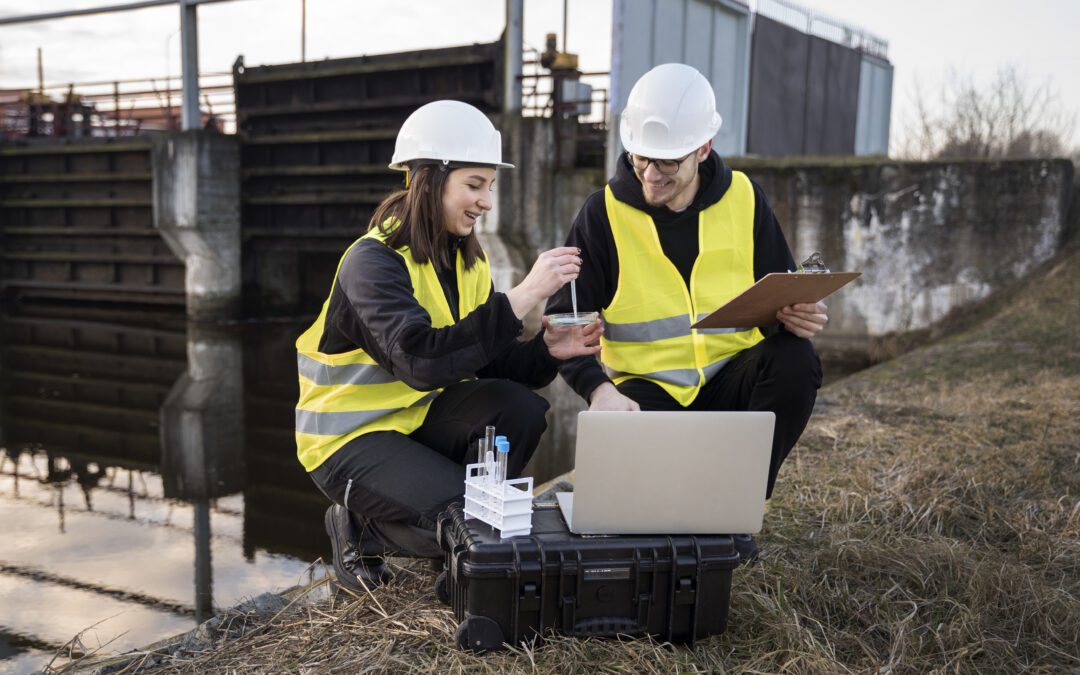Electrical Earthing Research
Research in the field of electrical earthing is aimed at improving the understanding and effectiveness of earthing systems in various applications. It encompasses investigations into soil resistivity measurement techniques, fault current estimation methods, and the behavior of different types of earthing electrodes. Researchers seek to identify the factors that influence the performance of earthing systems, such as soil moisture content, temperature variations, and the presence of chemicals or contaminants. Additionally, studies focus on developing advanced modeling and simulation tools to accurately predict the behavior of earthing systems under different fault conditions. The goal of this research is to enhance the safety, reliability, and efficiency of electrical earthing systems and contribute to the development of international standards and guidelines in the field.
Ongoing research in electrical earthing also explores emerging technologies and innovative approaches to improve earthing system design and installation. This includes investigating the use of advanced materials for earthing electrodes, such as conductive polymers or composites, to enhance their performance and durability. Researchers are also exploring the integration of smart grid technologies and monitoring systems to provide real-time information on the condition and effectiveness of earthing systems. Furthermore, research efforts are dedicated to understanding the impact of renewable energy systems, electric vehicle charging infrastructure, and other evolving electrical technologies on the design and performance of earthing systems. By advancing the knowledge and understanding of electrical earthing, research contributes to the development of safer and more efficient electrical systems in a rapidly evolving technological landscape.


